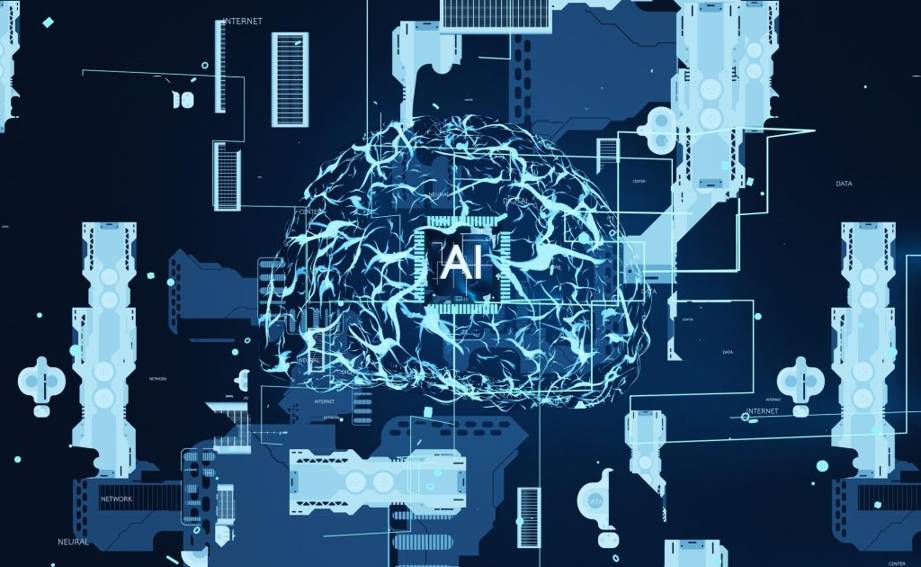Leveraging Artificial Intelligence for Marketing Automation: : Revolutionizing Customer Engagement

In recent years, the marriage of artificial intelligence and marketing automation has transformed the customer engagement landscape. AI-powered tools and algorithms enable marketers to deliver highly personalized, timely, and relevant experiences to their audience at scale. The market for artificial intelligence in marketing is anticipated to expand rapidly. To be competitive, marketers need to stay up to date on the various applications of AI marketing automation. Let’s look at how businesses leverage AI for marketing automation to drive better results and enhance customer satisfaction.
The Rise of AI in Marketing Automation
Artificial intelligence lies at the heart of modern marketing automation, leveraging machine learning to replicate human learning processes and enhance accuracy through data analysis. When applied to marketing, AI’s predictive capabilities and automation functionalities enable marketers to anticipate customer behavior, automate previously manual tasks, and deliver personalized experiences at scale. By harnessing AI-driven insights, marketers can craft more targeted campaigns, optimize customer journeys, and ensure the right message reaches the right audience at the optimal time. Integrating AI into marketing automation boosts efficiency and empowers businesses to build deeper connections with their customers, driving engagement, loyalty, and ultimately, growth.
Key Applications of AI in Marketing Automation
Personalization
According to McKinsey’s Next in Personalization Report, 71% of customers anticipate personalized business interactions. Additionally, 76% of customers express dissatisfaction when personalized interactions are lacking. AI has the potential to enable marketers to achieve such personalized experiences on a large scale by scrutinizing customer data and offering customized recommendations. As an illustration, Netflix employs AI algorithms to suggest content to its users depending on their viewing history, resulting in increased engagement and retention rates.
Predictive analytics
AI-powered predictive analytics algorithms analyze historical data to forecast future trends and identify patterns in customer behavior. Marketers can use these insights to anticipate customer needs, personalize content, and optimize marketing strategies for better results. Enterprises such as Amazon employ predictive analytics in their marketing approach to engage customers and enhance user experience. Amazon leverages past purchases and browsing history to offer personalized product recommendations to users.
Campaign Suggestions
AI offers marketers valuable content recommendations while crafting their campaigns. This includes suggesting appropriate tones of voice, reviewing images, and advising on optimizations. These optimizations may involve identifying specific customer subsegments more responsive to the campaign, pinpointing inefficient campaigns, and recognizing those with a significant impact on customer lifetime value.
Lead Scoring and Nurturing
AI enables rapid and efficient data analysis to forecast which leads are most likely to convert into customers. By leveraging AI, marketers can streamline lead-scoring processes, saving valuable time and resources while enhancing lead quality. Furthermore, AI automation facilitates lead nurturing by effectively guiding leads through the sales funnel until they reach the purchasing stage, thereby increasing conversion rates.
Data Management
In today’s data-driven landscape, businesses are inundated with copious amounts of data. AI-powered marketing automation tools adeptly manage and analyze this data, offering businesses invaluable insights. Marketers can discern trends, patterns, and opportunities by scrutinizing customer data, empowering them to make data-informed decisions, refine their campaigns, and attain superior outcomes.
Cost-effectiveness
AI streamlines repetitive tasks, enabling marketers to save both time and money. Take, for instance, AI-driven chatbots capable of managing customer inquiries around the clock, thereby diminishing the necessity for human customer service representatives. Such automation can yield substantial cost reductions in the long run. Moreover, AI aids in optimizing advertising expenditure by pinpointing the most fruitful channels and campaigns, thereby minimizing unnecessary ad spend.
Conclusion
The infusion of artificial intelligence into marketing automation marks a transformative shift in customer engagement and relationship cultivation. Through harnessing AI-driven tools and algorithms, marketers are empowered to craft exceptionally tailored and pertinent experiences for their audience, yielding enhanced outcomes and nurturing enduring customer connections. As AI progresses and matures, its influence on marketing automation is poised to expand, offering businesses fresh avenues for innovation and triumph in an ever-evolving and competitive arena.

